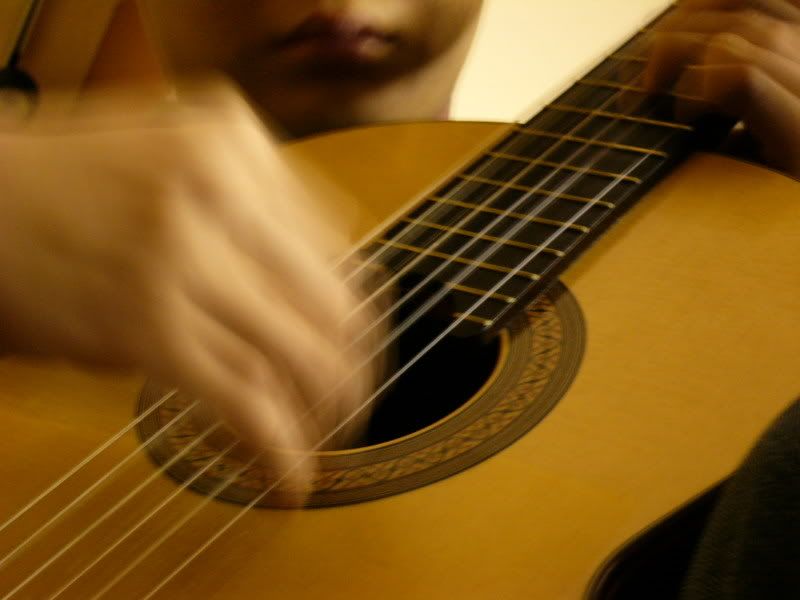I just struggled out of bed at 11am to give a talk at lunch, and afterwards I noticed this article in the BBC:
Late risers unite in Denmark
By Chris Morris
BBC News, Denmark
If you find it hard to get up in the morning, don't despair - you're not
lazy, you're just genetically programmed that way, says the B-Society in
Denmark.
I have still got a rather nasty bruise on my shin at the moment after the
flawed execution of my latest elaborate plan - to make sure I did not miss
the dreaded early morning flight. I was sleeping rather fitfully in the
spare room downstairs, trying to avoid waking up the rest of the house,
when the time ticked around to 4.30.
First the phone alarm on the bedside table chirruped. I soon dealt with
that. But then one minute later the alarm clock cunningly hidden on the
other side of the room burst into life. The trick is to place an obstacle -
in this case my son's rickety wooden rocking horse - in your path, making
immediate access difficult.
The idea, obviously, is that by the time you find the blasted clock you are
awake. The trouble was, in this case, in my bleary-eyed trance, I forgot
about the horse altogether and crashed into it at some speed. Searing pain,
followed by muffled obscenities, left me lying in a heap on the floor, the
alarm clock still beeping impatiently. I made the flight, the sunrise looked
lovely, but boy do I hate mornings.
But it is OK. Now I know it is not my fault. I am a B-person. A B-person -
as opposed to an A-person - genetically pre-disposed to operate better and
to be more alert later in the day.
Denmark it seems is full of B-people. So where better to form the B-society?
Six months after it was set up, it already boasts several thousand members.
Now it is campaigning hard for businesses to sign up to its B-certification
list. "We're calling," the society proclaims in its manifesto, "for an
uprising against the tyranny of early rising."
Mmm, sounds good.
But how does it work in practice?
Rush-hour in Copenhagen seems relatively sedate to me - it is certainly not
central London on a wet Monday morning. But the glazed looks on the faces of
grumpy commuters are disturbingly familiar.
So, time to find some B-pioneers. One strong cup of coffee later and I was
on my way to meet Stephen Alstrup who runs his own B-certified company.
Empty tube trains are one of the joys for Denmark's B-people
By the time he gets to his train station the platform is empty and so are
most of the seats on his commuter train. "I'm useless early in the morning,"
he says cheerfully. "All I can do is drink coffee, and stare into space."
"People used to get up early because they had to feed the animals. But I
haven't got any cows or chickens, so I can sleep late."
And when we get to Stephen's office, that is empty too - apart from one
member of staff who has been there most of the night and is just leaving,
and the company's only A-person who actually enjoys the early start. The
rest of them arrive when they choose - any time up to 3.30pm or so - each to
their own rhythm. It is a small hi-tech company and Stephen needs brains
which are working at full speed.
It used to be called disorganised but not any more. "Everybody gains," he
says, "they're here when they're fully awake, and the business benefits."
More confusing for me is the guy who works to a 25 hour clock. If he is in
at 10 today, it will be 11 tomorrow, then 12 - you can get the general idea.
I do not know where his cycle had got to when we called at the office but
there was certainly no sign of him by midday.
It used to be called disorganised, but not any more, not in Denmark. His
body clock is just different. And it is not just businesses which are
getting in on the act. Are you a teenager who cannot get out of bed in the
morning? Or a parent who never quite gets the kids to school on time?
Fear not - the Danes may have the solution: B-classes.
>From next year a school in Copenhagen will offer classes which start later
in the day - at 10 instead of eight. It is likely to prove popular.
Even the government seems to like the idea.
Work-life balance is a big political issue in Denmark, Families Minister
Carina Christensen tells me. And B-philosophy fits right in with the need
for a flexible labour force. When I confess that I think I am a B-person,
she gives me a comforting smile. "Don't worry," she says, "some people might
think you're lazy - but there's more to it than that."
Well, I hope so. The B-society and its founder Camilla Kring are certainly
convinced that they are on to a winner. "It's a 24/7 society," she says, as
we sit in a park and watch some swans... swanning around. "Our institutions
have got to move with the times." Quite so. Which means the choice should be
yours.
As one famous Dane once said: "To B or not to B?" In modern life, that
really is the question.
Thursday, June 14, 2007
Subscribe to:
Comments (Atom)
